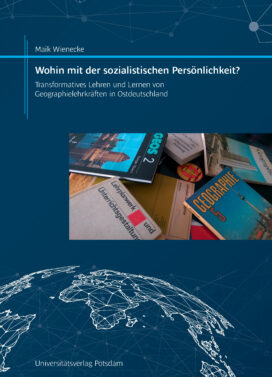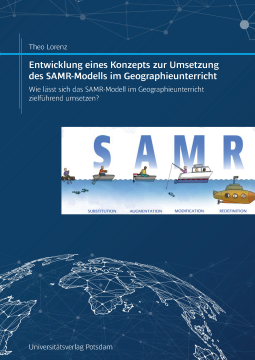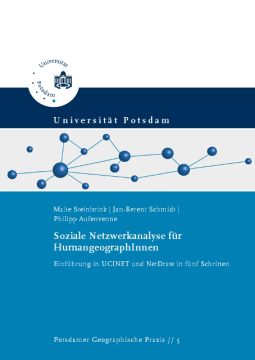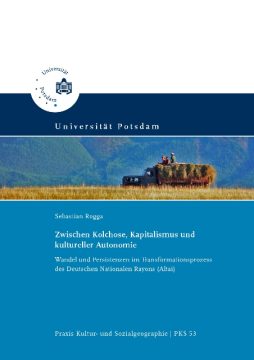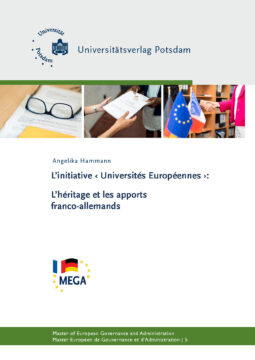In East German schools geography was one of those subjects with an extensive share of political content connected with the communist ideology of Marxism and Leninism. Additionally, pupils’ educational skills oriented toward the same ideological and humanistic parameters were also highly valued. The main focus was creating socialist citizens with socialist personalities.
This paper tries to sift out what was demanded from the teachers in former East Germany to make this a reality in schools.
Due to the fall of the Berlin wall a reorganization of the East German educational system was necessary. In this case the paper tries to find answers to the questions of how geography teachers managed to handle this shake-up and, ultimately, if or how they were convinced about it.
Therefore, interviews were implemented with teachers who taught geography at school both in East Germany and in the reunited Germany. The main questions related to the preferred way of teaching before and after the political system transformation.
The results show a low level of differences between geography lessons in East and West German schools. So maybe there was no need or will to change contents and styles of the lessons. It seems that already during the last decade of the GDR most of the interviewed teachers reduced the amount of ideological and political content just to extend the physical geography. So, for them it was possible to continue working after the fall of the Berlin wall without big difficulties. Also, there seemed to be many similarities between the value educations in East and West Germany. Only the main difference – the socialist ideology – was cancelled.
Today the subject geography belongs to the department of social sciences at school, but during the interviews a lot of the teachers made clear that in their point of view geography is a part of the natural sciences section. That is surprising because even in East Germany most of the content was related to the social part as well.
The responsibility to educate children in the communist way had of course vanished and nearly all of the interviewed teachers are happy with that. But still today they continue to emphasize the East German value education with its humanistic foundation.
gestellt an Dr. Maik Wienecke, den Autor des Buches

